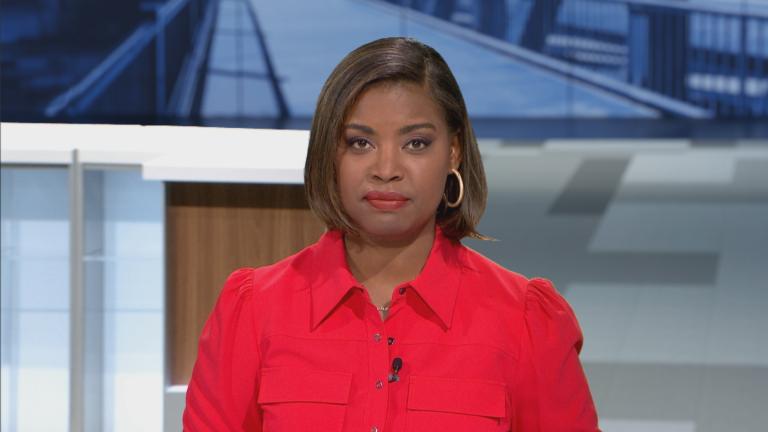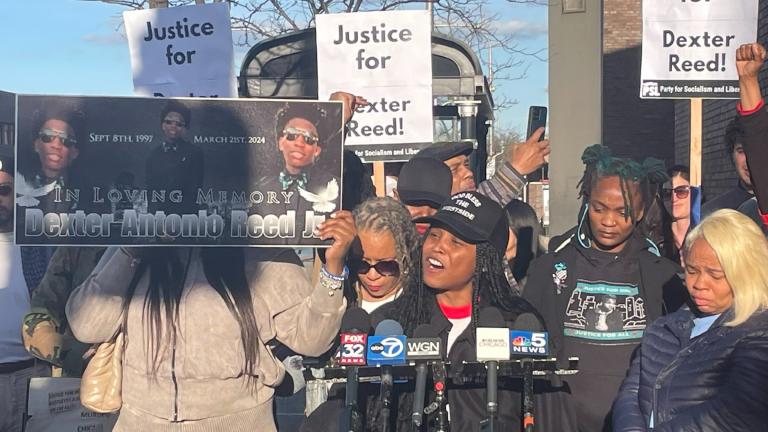For aspiring alderpeople, the next city election presents plenty of opportunity. With a large portion of the City Council set to turn over in 2023, political organizations are lining up candidates to duke it out and stake their claim in Chicago’s wards to help determine the city’s future.
Change Illinois’ Chaundra Van Dyk said her organization’s hope is true to their name – they’re looking for big change from this shift.
“There is this possibility of reforming the way that the Chicago City Council has done business traditionally so far,” Van Dyk said. “There’s also the possibility of communities having fair representation, which allows residents to push for someone that they feel will best represent the interests of their community and act on that … I know for the West and South sides of Chicago, we are truly looking for some meaningful change that prioritizes the voices of the residents in those communities.”
But Illinois Latino Agenda 2.0’s Juan Morado Jr. says the new faces in City Council could also slow down the gears of government.
“There’s something to be said for institutional knowledge. At the same time, people who don’t think things are operating the way they should be would welcome that loss of institutional knowledge,” Morado said. “But listen, campaigning is much different than governing. And so we’re gonna have folks … out there making a lot of claims and promises and when it actually gets to being in City Council and writing those ordinances and trying to garner the votes for them, it’s going to be much different and could be difficult for somebody who doesn’t have that experience.”
At the community level, some Chicagoans might look forward to alderpeople being more visible in their neighborhoods, says Block Club’s Jamie Nesbitt Golden.
“I’m thinking of Nicole Lee who, when I speak to her, she’s talking about how folks see her on the street and go, ‘Well, I’ve never seen my alderman in the wild before,’” Nesbitt Golden said. “A lot of [residents] are super excited about having alderpeople who are accessible, who are dependable, who are reliable.”
On the flip side, some local institutions worry about what a rookie-heavy City Council might bring, says the Chicago Tribune’s Greg Pratt.
“The instability is a real concern for some people who think that you don’t want to go too far in the other direction and throw out the alderman with the bathwater. You know, you don’t want to have a situation where you just replace them with a placeholder that doesn’t respect or understand traditions,” Pratt said. “There are some conservative institutions like foundations, like big businesses, that are like, ‘Oh, all these crazy kids are coming in.’ [But] they also understand that today’s young reformers, they’re tomorrow’s old guard. So I think that there’s cautious optimism, but there’s also a cautious pessimism.”
With so many longtime alderpeople leaving the City Council, could Chicago’s machine politics finally be on the wane? Nesbitt Golden hesitates to call the machine dead just yet.
“I think it’s really interesting that this is the most progressive the Council has been in recent years. We’re having conversations that we didn’t have a decade ago about police reform and education and things like that,” Nesbitt Golden said. “I do think more progressives will become part of the Council, but they’ll still have to contend with very center Lightfoot.”








